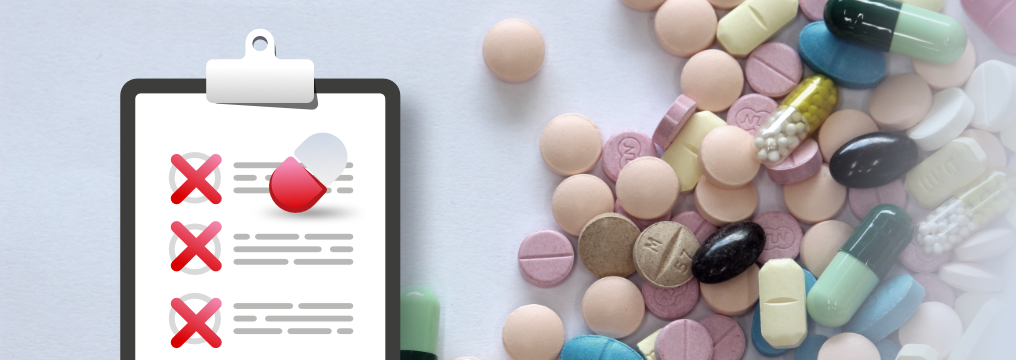
EMA’s Human Medicines Committee (CHMP) has recommended the suspension of the marketing authorisations of several generic medicines tested by Synchron Research Services, a contract research organisation (CRO) located in Ahmedabad, India.
The recommendation comes after irregularities were found in how the CRO carried out bioequivalence studies, which raised serious concerns about the company’s quality management system and the reliability of data from that site. Bioequivalence studies are conducted to show that a generic medicine releases the same amount of active substance in the body as the reference medicine.
The CHMP looked at all medicines tested by Synchron Research Services on behalf of EU companies and found that for the majority (around 100 medicines), no adequate bioequivalence data were available from other sources. The Committee recommended that these medicines be suspended. To lift the suspension, companies relying on data from Synchron Research Services must provide alternative data demonstrating bioequivalence. FDA recommends to re-conduct those bioequivalence studies (both bioanalytical and clinical portions) at an alternate CRO (i.e., a CRO other than Synchron)
In recent years, almost every regulatory agency (e.g. US FDA, EU EMA) has identified data integrity as its primary focus of the enforcement actions: the ultimate expectation is that whenever data is generated and used to make GxP quality-related decisions, its integrity is ensured. Regulatory agencies need to rely on accurate information to ensure drug quality; they largely depend on the confidence that the life science firms will do the right things when the agencies are not there, and data integrity problems erode this confidence. Although data integrity requirements are not new and have been embedded for decades in the GxP regulations, an increase in the number and severity of data integrity findings has been observed in recent years by almost every regulatory agency, with a consequent impact on public health.
For this reason, almost all the main regulatory agencies worldwide have increased their focus on data integrity during their inspections in recent years. At the same time, in order to provide guidance, suggestions and clarifications to the industry on how to comply with the requirements for data integrity, a number of guidelines have been issued by the same agencies and by other international leading associations.
One of the latest guidelines in the clinical area was issued in June 2021: the European Medicines Agency (EMA) released a new draft guidance document for public consultation entitled Guideline on Computerised Systems and Electronic Data in Clinical Trials. This draft guidance is slated as being the replacement for the Reflection paper on Expectations for Electronic Source Data and Data Transcribed to Electronic Data Collection Tools in Clinical Trials that was published in 2010 ; it covers all systems used in clinical trials and opens the gate for new and emerging technologies through the implementation of decentralised clinical trials.
Clinical Trial Sponsors must ensure the proper monitoring of the study is in place. In the landscape of clinical outsourcing the proper oversight of the CRO is deemed critical: it starts from the vendor qualification, proceeds with monitoring oversight at any given point of the clinical trial to ensure data quality and respect of the milestones and ends with the peer review of Clinical Study Report.
The traditional CRO qualification programs are required to be enhanced to include the verification of the integrity of data owned by all stakeholders. According to the clarifications stated in the relevent guidelines, it is fundamental that this is done before the supply contracts are signed.
PQE services support pharmaceutical companies’ qualification processes by ensuring a proper evaluation of the control measures planned for implementation by the CRO before the service is established and performed. PQE also supports clinical data review to ensure your Clinical Study Protocols and Reports can meet the regulatory standard expected by Competent Authorities. These measures are expected to ensure the integrity of the GCP data created and maintained by the pharmaceutical company and can secure reliability of data submitted in the regulatory dossier.